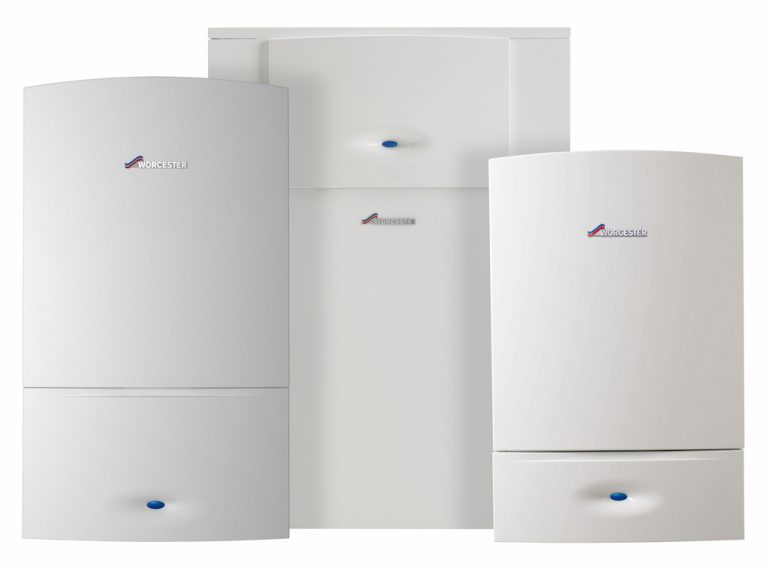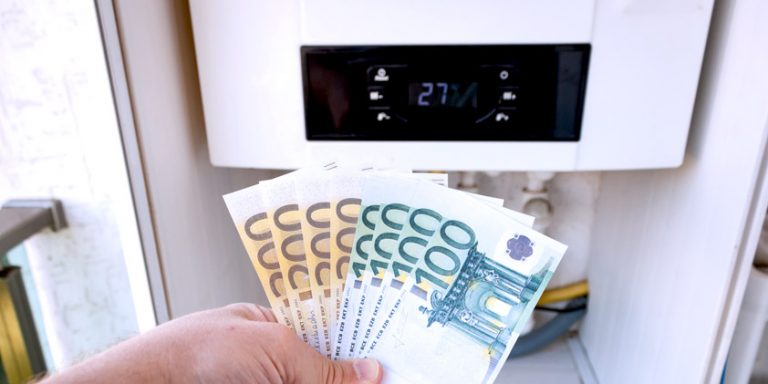Choosing the right boiler for your home is a critical decision that affects your comfort, heating efficiency, and long-term energy bills. In the UK, two of the most popular boiler types are combi boilers and system boilers. But which one is right for your home? This blog breaks down everything you need to know about combi vs system boilers: how each type works, pros and cons, costs, and what to consider based on your household size, water usage, and heating habits.
🔍 What Is a Combi Boiler?
A combi (combination) boiler is a compact unit that provides both central heating and hot water on demand, without the need for a separate water tank or cylinder.
✅ Key Features:
-
Heats water directly from the mains when a tap is turned on.
-
No water storage: hot water is generated instantly.
-
Most common boiler type in UK homes.
🏡 Ideal For:
-
Small to medium-sized homes
-
1–2 bathrooms
-
Limited loft or storage space
🧊 What Is a System Boiler?
A system boiler also provides heating and hot water, but requires a hot water cylinder (usually stored in an airing cupboard). The system boiler heats water and stores it in the cylinder for later use.
✅ Key Features:
-
Works well with multiple outlets running simultaneously.
-
No cold-water tank needed (unlike regular boilers).
-
Typically provides better flow rate for hot water.
🏡 Ideal For:
-
Medium to large homes
-
2+ bathrooms
-
Homes with higher water demands
🔄 Combi vs System Boilers: Key Differences
| Feature | Combi Boiler | System Boiler |
|---|---|---|
| Hot Water Supply | On-demand | Stored in a hot water cylinder |
| Water Pressure | Mains pressure (can vary by location) | Cylinder-fed (generally more stable) |
| Space Requirements | Very compact, no tank needed | Requires a hot water cylinder |
| Ideal Home Size | Flats & small houses | Larger homes with multiple bathrooms |
| Installation Cost | Usually cheaper to install | Higher upfront cost due to extra components |
| Running Costs | Efficient for low usage | More efficient for larger households |
| Simultaneous Usage | May struggle with multiple outlets | Can support multiple outlets at once |
✅ Pros and Cons of Combi Boilers
✅ Advantages
-
Space-saving – No tanks or cylinders required.
-
Hot water on demand – No waiting for a tank to heat up.
-
Lower installation costs – Fewer components mean simpler installs.
-
Energy-efficient – No heat loss from stored water.
❌ Disadvantages
-
Limited flow rate – Struggles if two showers or taps run at once.
-
Water pressure dependent – In low-pressure areas, performance may drop.
-
Not ideal for larger households – May not keep up with high demand.
✅ Pros and Cons of System Boilers
✅ Advantages
-
Excellent for high hot water demand – Multiple taps/showers at once.
-
Stable water pressure – Especially in homes with good mains supply.
-
Compatible with solar water heating – Reduces energy costs.
❌ Disadvantages
-
Takes up more space – Requires a hot water cylinder.
-
Limited hot water supply – Once the cylinder is empty, you have to wait.
-
Higher installation costs – More components and pipework.
💷 Cost Comparison
| Expense Area | Combi Boiler | System Boiler |
|---|---|---|
| Boiler Cost | £600–£2,000 | £800–£2,500 |
| Installation Cost | £500–£1,500 | £1,000–£2,000+ |
| Annual Service | ~£80–£120 | ~£100–£150 |
| Running Costs | Lower for smaller households | Lower for high-use homes |
⚠️ Note: Prices vary based on brand (Worcester Bosch, Ideal, Vaillant), installer rates, and location.
🧠 How to Choose the Right Boiler for Your Home
✅ Choose a Combi Boiler if:
-
You have 1–2 bathrooms and low to moderate water usage
-
You live in a flat, bungalow, or small house
-
You want to save space and reduce installation complexity
-
You have good mains water pressure
✅ Choose a System Boiler if:
-
You have 2+ bathrooms or a larger household
-
Multiple people often use hot water at once
-
You already have a hot water cylinder (retrofits are easier)
-
You’re considering solar thermal integration later
🛠️ Real-Life Scenarios
👪 Family of 5 in a 4-Bedroom Home:
Recommended: System boiler – the household needs constant hot water and multiple bathrooms.
🧑🤝🧑 Couple in a 2-Bedroom Flat:
Recommended: Combi boiler – compact, quick hot water, low space use.
🏘️ Landlord Renting Small Flats:
Recommended: Combi boilers – efficient for independent units with low simultaneous usage.
🔧 Installation Considerations
-
Switching from system to combi? You’ll save space but might need plumbing changes.
-
Switching from combi to system? You’ll need room for the cylinder and extra plumbing work.
-
Always use a Gas Safe Registered engineer for installation.
🔋 Efficiency & Environmental Impact
-
Modern combi and system boilers are both highly efficient (90%+ for A-rated models).
-
Condensing technology is standard in both types, recovering heat from flue gases.
-
System boilers work well with renewable heating options (solar water heating).
-
Combi boilers avoid standing heat loss from stored hot water, reducing waste in small households.
❓ Frequently Asked Questions
1. Can a combi boiler heat a large house?
Technically yes, but hot water performance may suffer if multiple taps are used at once.
2. What happens if I run out of hot water with a system boiler?
You’ll have to wait for the cylinder to reheat, typically 20–30 minutes.
3. Do I need a water tank in the loft with a system boiler?
No – system boilers use mains water and don’t need a cold-water tank (unlike regular/conventional boilers).
4. Which boiler lasts longer?
Both types can last 10–15 years with proper maintenance.
📝 Final Verdict: Which Boiler is Right for You?
The decision between a combi and a system boiler comes down to your home size, water usage habits, and available space.
💡 Quick Decision Guide:
| If you want… | Choose… |
|---|---|
| Instant hot water, minimal space used | Combi |
| Strong performance for 2+ bathrooms | System |
| Lower upfront and installation cost | Combi |
| Solar water compatibility | System |
| Consistent pressure at multiple outlets | System |
📞 Need Help Choosing a Boiler?
Still unsure? Speak with a Gas Safe Registered heating engineer to assess your home’s needs and water pressure before committing. A professional can help you size the boiler correctly and ensure compliance with Boiler Plus regulations.



